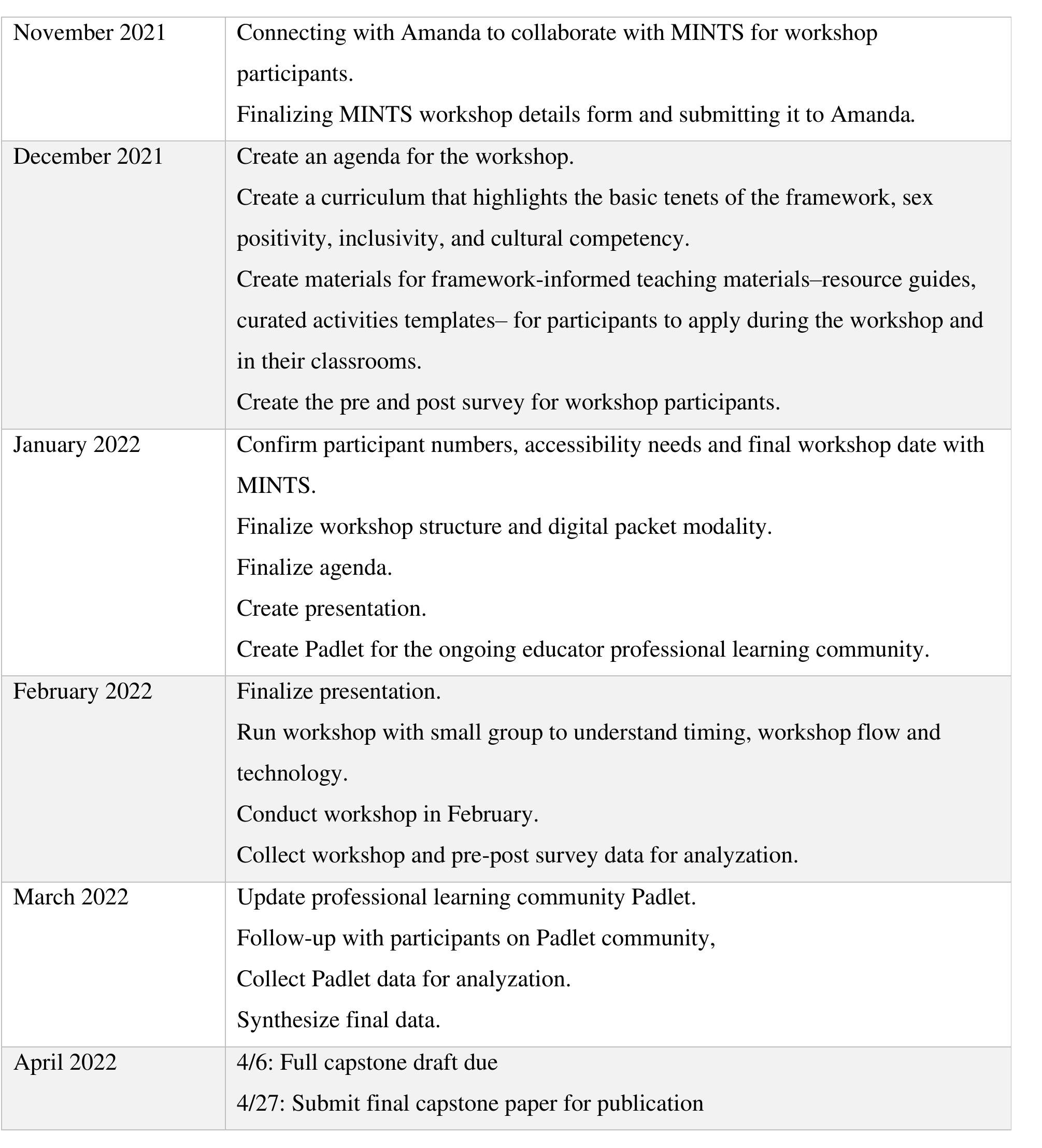Key research themes
1. How can comprehensive sexuality education (CSE) curricula be effectively developed and adapted to meet diverse adolescent needs, including emotional, cultural, and local contexts?
Research in this theme explores the construction and content of comprehensive sexuality education programs, focusing on curriculum inclusivity, cultural relevance, developmental appropriateness, and responsiveness to adolescents' lived experiences. It addresses the challenge of delivering CSE that aligns with international guidelines while also addressing gaps and local sensitivities, aiming to improve sexual and reproductive health outcomes and empower young people holistically beyond disease prevention.
2. What roles do teachers’ training and pedagogical approaches play in the effective delivery and quality of sexuality education in schools?
This theme examines how teachers' preparation, comfort, and pedagogical strategies influence the implementation, comprehensiveness, and efficacy of sexuality education. It highlights the challenges educators face, including limited pre-service and ongoing training, cultural and institutional barriers, and the need for critical, inclusive, and student-responsive pedagogies. Scholarship here is key to understanding mechanisms that underpin teacher effectiveness and to improving educator support for delivering sexuality education that empowers students and meets curricular goals.
3. How can youth participation and pleasure-informed approaches reshape sexuality education to better reflect adolescents' experiences and promote agency?
Research under this theme interrogates the inclusion of young people's voices and experiences in sexuality education design and delivery, advocating for participatory, emancipatory pedagogies that recognize adolescent agency, sexuality as pleasure, and intersectional identities. It also explores tensions between pleasure-positive frameworks and prevailing cultural or institutional constraints, mapping how sexuality education can transcend risk-focused discourse to holistically support young people's sexual well-being and empowerment.
































































